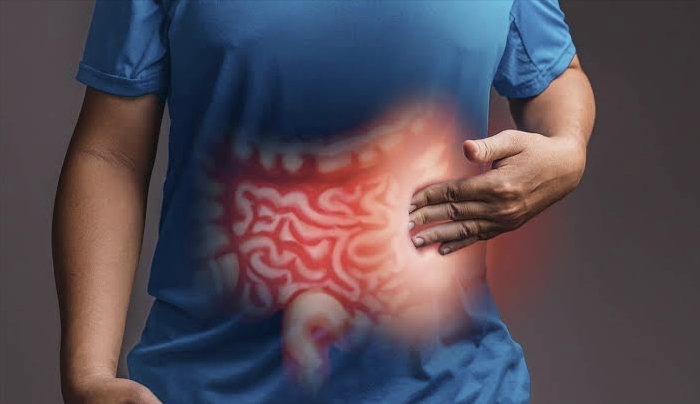New Delhi: There are many diseases that are more common at a particular age. One such disease is Crohn’s disease. This disease is usually more common in people up to the age of 30 years.
In most cases, people between the ages of 13 and 30 are vulnerable to it. Although every disease is bad, but a special problem with this disease is that if someone gets this disease at the age of 13-14 years or say that at the age of increasing the length, then the height of the child does not increase properly. That is, the child has to pay the price of having this disease all his life.
In such a situation, it is very important that special attention should be paid to the health of children. So that their hyde and fitness continue to grow without any hindrance.
Symptoms of Crohn’s Disease
Crohn’s disease often causes intestinal ulcers. Due to this, many stomach related problems have to be faced in daily life. As…
Pain in the lower abdomen
Diarrhoea
Abdominal cramps
Skin diseases
Pain in the back
Fatigue
Frequent mouth ulcers
Blood coming with motion
Anemia
Weight loss
What is the treatment for Crohn’s disease?
Medicines are given based on symptoms after some important blood tests, tests like colonoscopy. Also, lifestyle and diet changes are made. If the right treatment is given on time, the patient recovers completely and the health of children also increases properly.
It is difficult for a common person to be confirmed about this disease just by looking at the symptoms. Therefore, it is better that you see the doctor on time. Especially after seeing these symptoms, do not be careless at all…
Bleeding with stool (during motion)
Loose motion not getting better even in 5 days
Frequent fever
Abdominal cramps
Weight loss without any reason
The height of the child should not increase according to his age.
Why does this disease occur?
There is no clear reason for Crohn’s disease. It is a type of autoimmune disorder, in which the person’s body’s immune system i.e. the mechanism that eliminates viruses coming from outside, attacks the intestinal mechanism of his body, causing the problem of blisters, swelling and irritation in the intestines.






